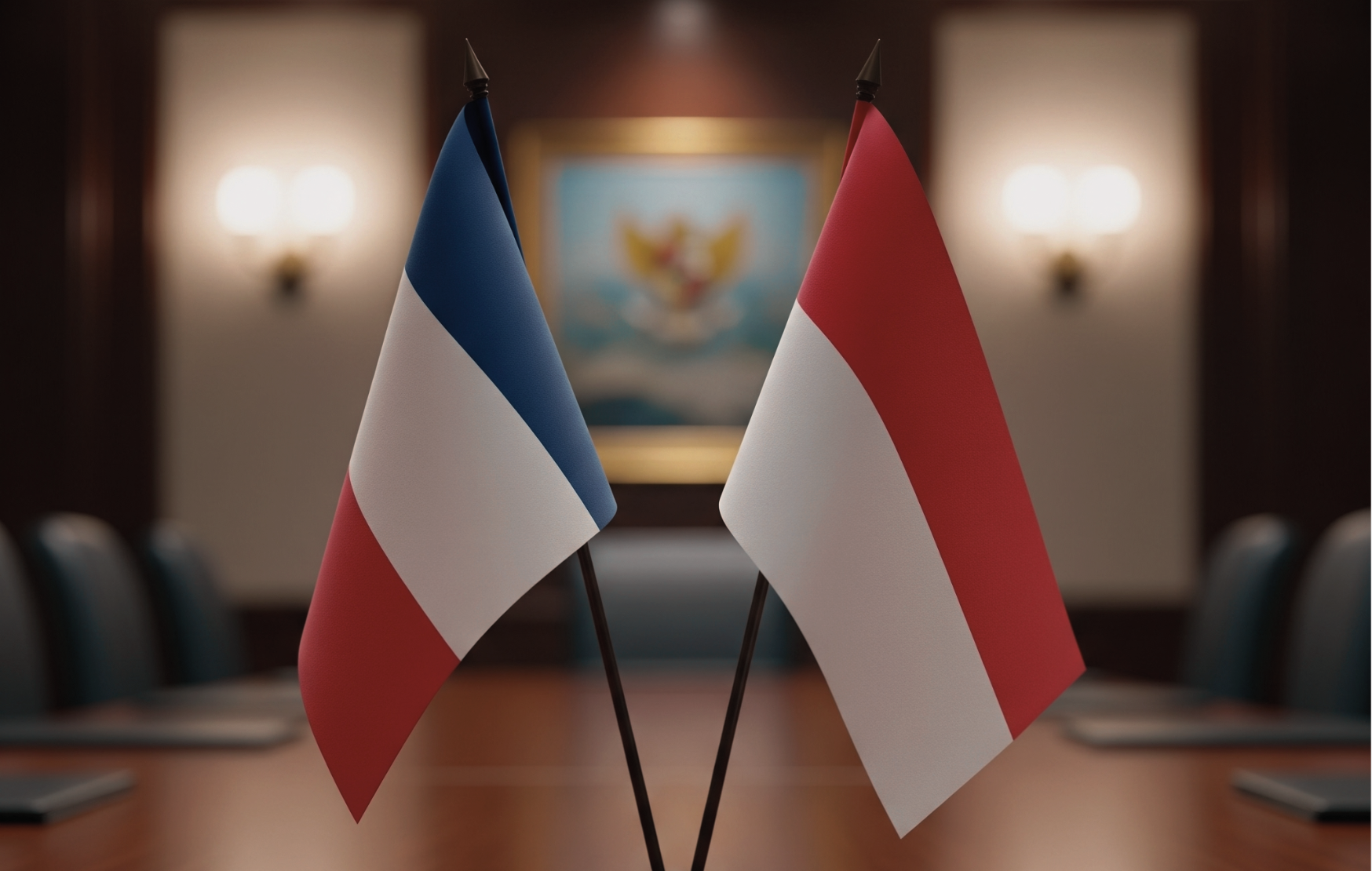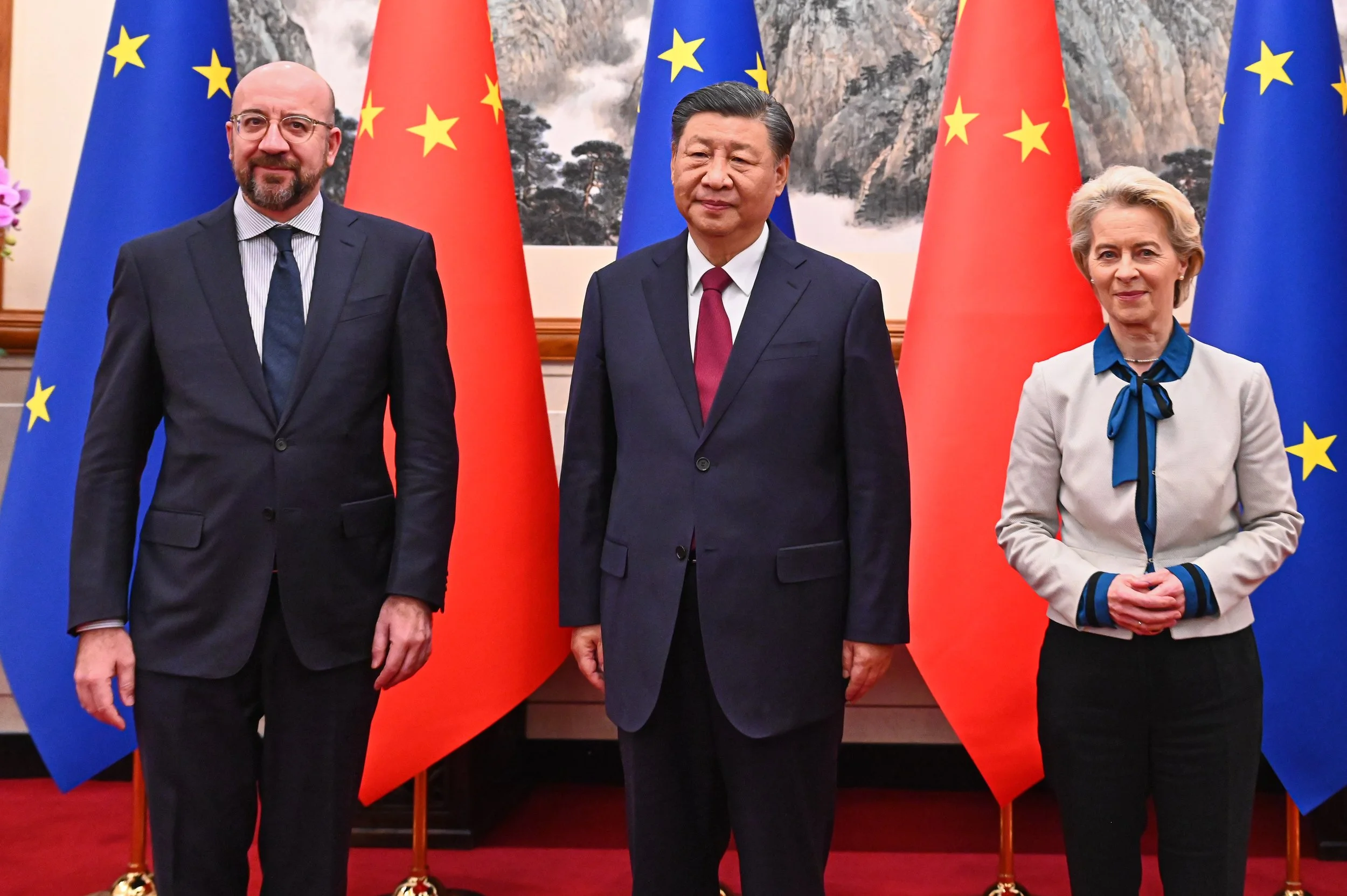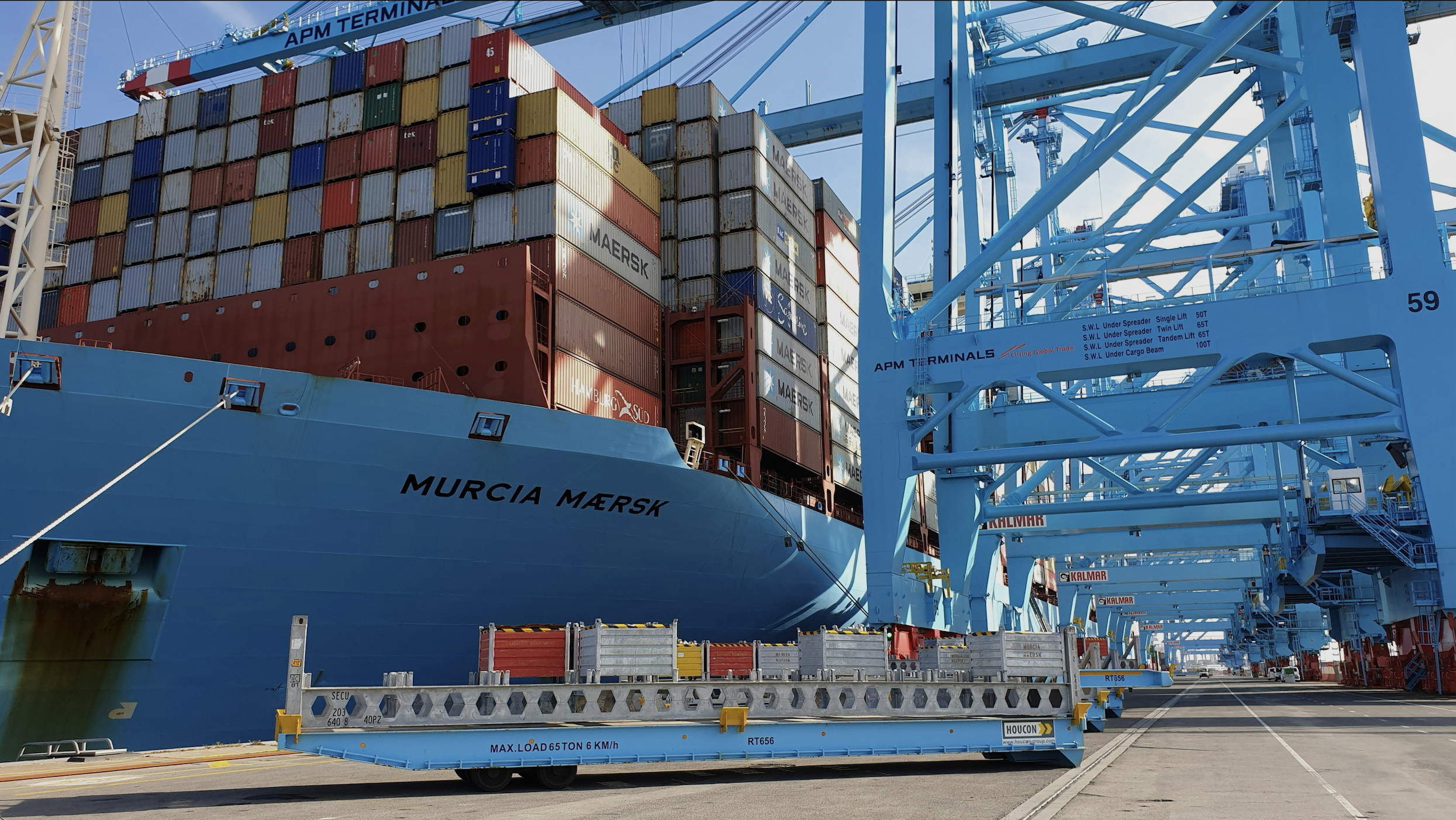EUROPE AND THE INDO-PACIFIC
Written by Kristofers Krumins
In a bid to power green and digital transitions, Europe is struggling with its dependence on Chinese exports that expose it to coercion, industrial disruption, and geopolitical pressure.
Written by Stefania Benaglia
If the EU and India choose realism over rhetoric and build trust not only between governments but also among businesses, innovators, and people, the 2026 Summit could mark a genuine turning point — one where strategic clarity finally replaces political symbolism.
Written by Jia Yin Chen and Luc van de Goor
Crucially, countering cognitive warfare is not just about timely dissemination of factual counter-narratives. It must also build each citizen’s defences against disinformation — making them more skeptical of the information they receive and willing to actively verify it or debunk it.
Written by Emanuele Ballestracci
Italy cannot rival the hard-power presence of France or the UK, nor does it aspire to. Instead, it has constructed a pathway based on economic cooperation, private-sector activism, and steady institutional ties, which over time create the trust needed to expand into political and security spheres.
Written by Angelo M’BA
Perhaps counter-intuitively, only an approach less concerned with morals and more with pragmatic engagement can pave the way for the EU to spread its values in the Indo-Pacific.
Written by Zsuzsa Anna Ferenczy and Julia Gurol-Haller
Together, the EU, Taiwan, and ASEAN can redefine connectivity not as a geopolitical tool for influence, but as a platform for empowerment, resilience, and strategic autonomy in the Global South.
Written by Thijs Stegeman
For Europe to help Taiwan significantly scale its drone production capacity, and to de-risk its own drone supply chains, the EU should make Taiwan a partner in the Readiness 2030 initiative.
Written by Gunnar Wiegand
While major breakthroughs are unlikely, progress on economic issues is possible and could help restore a measure of stability and predictability for companies and citizens on both sides.
Written by Aniello Iannone
France now joins a growing list of Indonesia’s strategic partners. It was a strategic moment in which a major European state and a rising regional middle power found common ground in their shared search for autonomy.
Written by Nicholas Bequelin
The paradox of Sino-European relations is that, while they are fundamentally in poor shape and unlikely to find a way out of their current impasse, they are also remarkably stable.
Central and Eastern Europe’s (CEE) relationship with Taiwan is evolving amid shifting global dynamics.
Dr Zsuzsa Anna Ferenczy speaks with Matej Šimalčík, a Taiwan Fellowship recipient currently based at the Institute for National Defense and Security Research (INDSR) in Taipei, to explore the implications of these developments for CEE, Taiwan, and the broader geopolitical landscape.
Written by Dr Una Aleksandra Bērziņa-Čerenkova
Risks remain for Europe not just internally, but also externally, as China's support for Russia in its war against Ukraine and US pressure for a unified transatlantic approach limit the EU's room for manoeuvre.
Written by Dr Justyna Szczudlik
Sympathising with the idea of hybrid peace is a dangerous trap for the West. The only way to undermine Sino-Russian alignment, deter China from aggressive moves, and defend the rules-based order is to do everything possible to help Ukraine win the war.
Written by Victor De Decker
However, a key question remains: to what extent can European authorities strike a deal with China while facing coercive pressure from the Trump administration on the one hand and Beijing’s inflexible negotiation tactics on the other?
Written by Uwe Hoering
With every further escalation, the pressure to close ranks, to form hostile blocs and thus the danger of a military confrontation grows.
Written by Tamara Obgaidze
The proposed development of a deep-water port at Anaklia could position Georgia as a key hub for trade between Europe and Asia, which aligns with China’s broader ambitions to expand its influence through infrastructure investments.
Written by Patrizia Cogo Morales
Like the US and France, other European countries and their private sectors should enhance their engagement with India, given the significant potential in military procurement deals and the defence industry overall.
Written by Anouk Wear
Novel threats from the Hong Kong government are already causing real consequences for Hong Kongers in the EU — activists and more ‘ordinary’ citizens alike — and they are creating new challenges for advocacy from civil society and diplomatic channels.
Written by Dr Shingo Nagata
Given the significant role of the military in foreign policy within Southeast Asian countries, military-to-military relations are important for diplomacy in the region. Accordingly, the UK has traditionally emphasised defence diplomacy and cultivated military-to-military ties with ASEAN states.
Our new monthly podcast in conjunction with the European Parliament in ASEAN is your essential guide to navigating the complex and developing interplay between Europe and the Indo-Pacific.
Hosted by Zsuzsa Anna Ferenczy and Richard Heydarian, The Bridge is your opportunity to better understand the forces shaping the future of Europe and Asia.
Subscribe now and never miss an episode.
Written by Emma Chanlett-Avery
A decisive shift in US policy towards isolationism and “America First” could disrupt or downgrade ‘trans-Atlantic’ and Indo-Pacific alliances.
Written by Irakli Machaidze
To ace the EV game without self-inflicted wounds, the EU needs a top-notch strategy. This means smartly tapping into ties with up-and-coming economies, beefing up security measures, and offering financial perks to tackle tough dependencies.
Written by Sam Hogg
Labour has chosen to keep its Indo-Pacific cards close to its chest. Success for a future British government in the region will require dexterity and a robust understanding of what regional players want.
Written by Mathieu Droin and Emanuele Rossi
Irrespective of the strategic framing, France and Italy are both seeking ways to prevent disruptions to freedom of navigation and political instability in this vast region given the potential ripple effects for their domestic stability, notably due to illegal migration.
Written by Fabio Figiaconi
The EU small powers’ strategies for engaging the Indo-Pacific demonstrate their capacity to shape their foreign policy goals in the region, despite the structural and material constraints they have faced compared to larger European players.
Written by Dr Denis Suarsana
Countries like Japan, South Korea, and Australia are becoming increasingly important. The EU is markedly punching below its weight in Southeast Asia and needs to fight hard to stay relevant at all.
Written by Dr Alfred Gerstl and Nick Nieschalke
The investment in the Global Gateway Initiative (GGI) indicates the EU’s stronger global focus on infrastructure and connectivity partnerships within a dedicated scheme.
Written by Anshu Meghe and Siddharth Sridhar
Currently, IMEC represents a bold vision more than a reality. Only time will reveal whether IMEC can transition from concept to reality, facing the challenge of meeting its member states’ high expectations.
Written by Megan Khoo
Anything less than preventing a Huawei factory in France blatantly disregards France’s current restrictions on Huawei, French national security, and the greater security of the EU.
Written by Rita Durão
Consolidating a strategy towards the Indo-Pacific would not only signify Portugal's commitment towards enhancing its global presence through a multilateral approach but also present opportunities for fostering economic growth, strengthening diplomatic ties, and promoting regional stability.




























